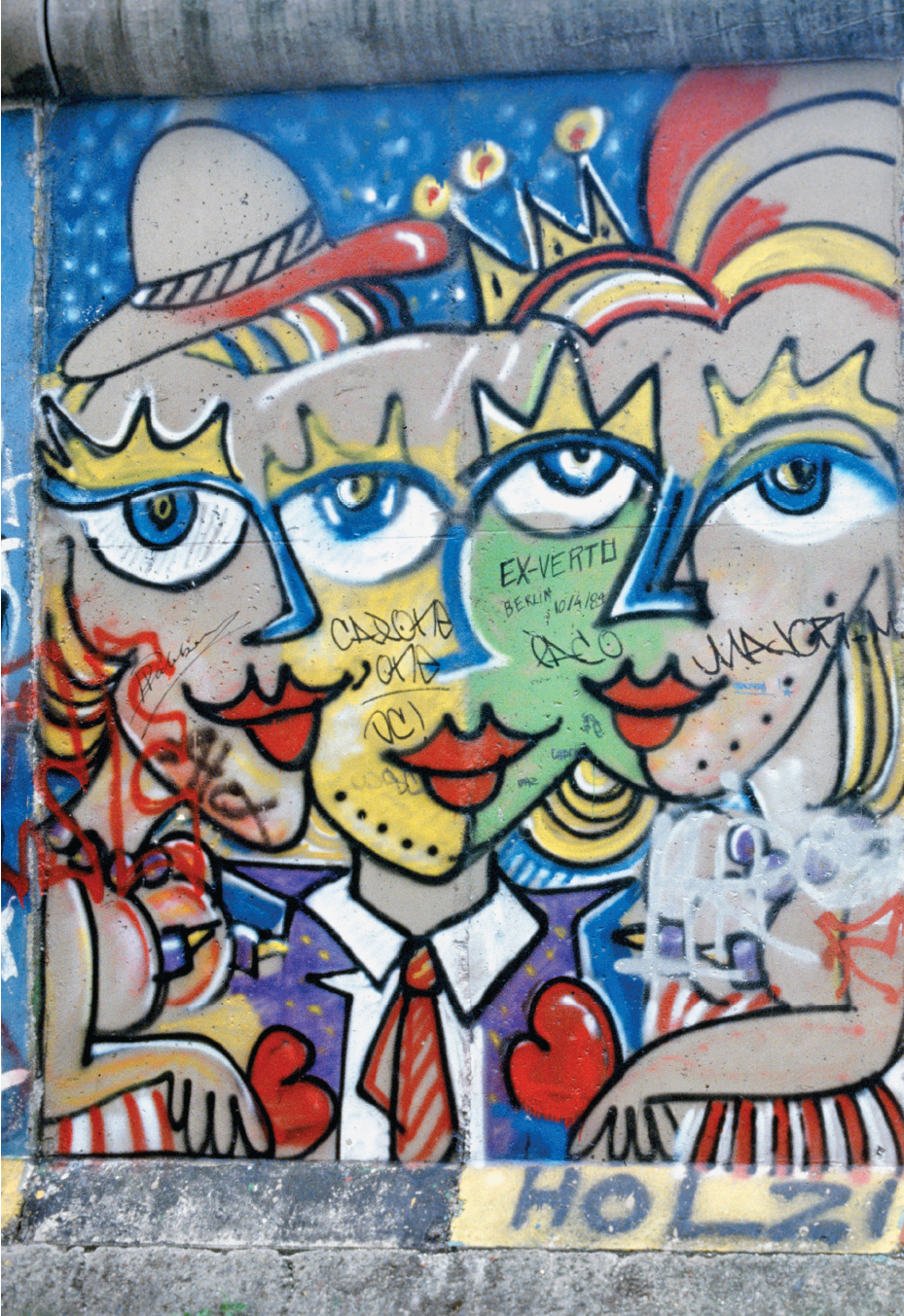Introduction for Chapter 29
29. Challenging the Postwar Order, 1960–1991
>How and why did protest movements challenge existing social, economic, and political institutions in both western Europe and the East Bloc? Chapter 29 examines the challenges to the postwar social and political order that began in the 1960s and continued into the 1990s. As Europe entered the 1960s, the political and social systems forged in the postwar era appeared sound. By the late 1960s, however, this hard-
LearningCurve
After reading the chapter, use LearningCurve to retain what you’ve read.

>Why did the postwar consensus of the 1950s break down?
>What were the consequences of economic decline in the 1970s?
>What led to the decline of Soviet power in the East Bloc?
>Why did revolution sweep through the East Bloc in 1989?
| 1961 | 1973 |
| – Building of Berlin Wall suggests permanence of the East Bloc | – OPEC oil embargo |
| 1962– |
1975 |
| – Second Vatican Council | – Helsinki Accords |
| 1963 | 1979 |
| – Wolf publishes Divided Heaven; Friedan publishes The Feminine Mystique | – Margaret Thatcher becomes British prime minister; founding of West German Green Party; Soviet invasion of Afghanistan |
| 1964 | 1985 |
| – Civil Rights Act in the United States | – Mikhail Gorbachev named Soviet premier |
| 1964– |
1987 |
| – Peak of U.S. involvement in Vietnam War | – United States and Soviet Union sign arms reduction treaty |
| 1966 | 1989 |
| – Formation of National Organization for Women (NOW) | – Soviet withdrawal from Afghanistan |
| 1968 | 1989– |
| – Soviet invasion of Czechoslovakia; “May Events” protests in France | – Fall of communism in eastern Europe |
| 1971 | December 1991 |
| – Founding of Greenpeace | – Dissolution of the Soviet Union |